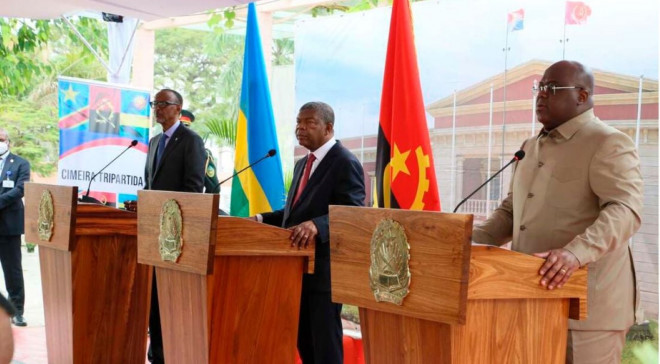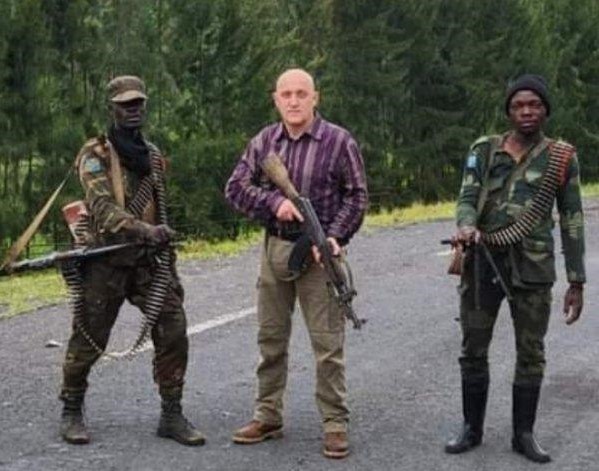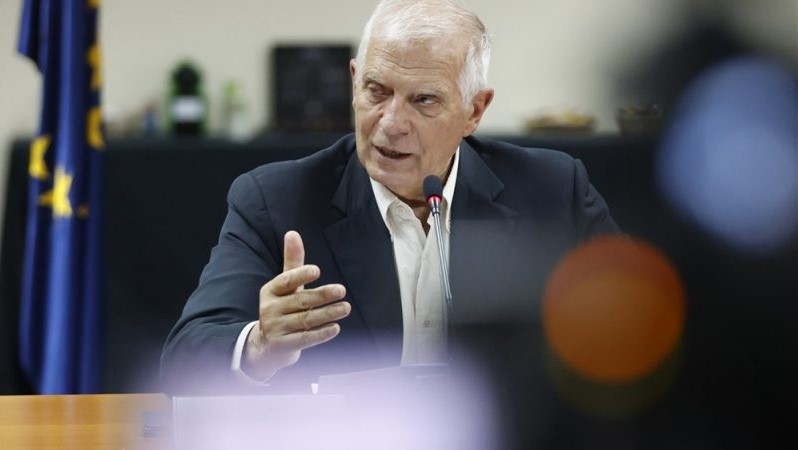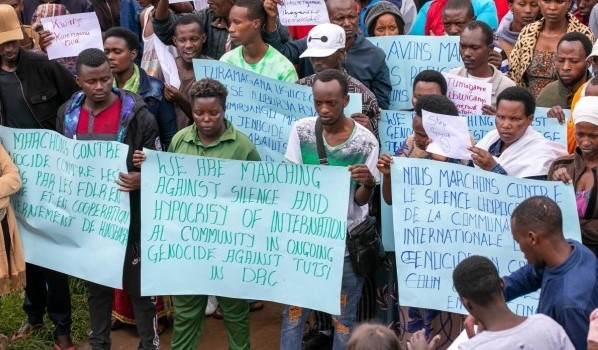Regional
West interfering in Rwanda judicial matters, yet harboring mass murderers
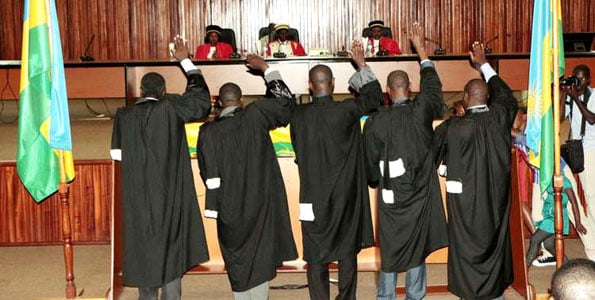
Rwanda’s
judiciary has been facing continuous interference from foreign countries, especially
the United States, Belgium and other European Union countries, among others. Whenever
Kigali takes criminals to court, these countries raise their voices.
The most
recent case was the trial of Paul Rusesabagina, a terror convict who was
elevated by his Western backers into a Hollywood hero through the fictitious “Hotel
Rwanda” film. In September 2021, he was convicted of terrorism by a Rwandan
court and is serving 25 years in jail. There is overwhelming evidence pinning
him on atrocities he masterminded as boss of MRCD and its military wing, FLN.
Numerous
letters
by Western countries requested for the immediate release of Rusesabagina.
Kigali was accused of kidnapping him and conducting
an unfair trial. His trial was live streamed, for everyone interested in the
hearings. But despite all effort made by the Rwandan judiciary to ensure a fair
trial, continuous attempts to intimidate Rwandan authorities to free a charged
and convicted terrorist flooded in.
One
would think these Western influencers are better representations when it comes
to their judicial system. But, they are harboring mass murderers such as genocidaires
responsible for the 1994 Genocide against the Tutsi and terrorists who worked
with Rusesabagina.
Members
and sponsors of anti-Rwanda terror groups including FLN, RUD-Urunana, FDLR, and
P5 are roaming freely in European capitals. Individuals like Innocent Biruka,
Faustin Ntirikina, Jacques Kanyamibwa, and Charles Ndereyehe provide daily
financial support to these groups.
This
is pure hypocrisy! They first have to take the plank out of their own eyes to clearly
remove the speck from Rwanda's eye.
Rwanda
has issued 42 international arrest warrants for suspected perpetrators of the
1994 Genocide living
in France. In January 2018, the UN Human Rights Council asked Paris to
either try all genocidaires on its territory, or extradite them to Rwanda.
In
October 2020, Rwanda issued 40 extradition requests of genocide fugitives whom
prosecution was sure live in Belgium.
While
the world celebrates shared commitment to accountability, in conjunction with a
pledge to protect future generations from mass atrocities, it has to be an obligation
to acknowledge that the wounds of survivors of the 1994 Genocide against the
Tutsi in Rwanda will not be healed when UN member states shelter genocide
fugitives instead of bringing them to justice.
Speaking
at the Security Council Open Debate on the Promotion and Strengthening of the
Rule of Law in the Maintenance of International Peace and Security, on January
12, Rwanda’s Permanent Representative to the United Nations, Ambassador Claver
Gatete, condemned the continued hypocritical behavior by Western countries.
"It
is disheartening that some member states continue to fail to honor their legal
obligations under international law to cooperate in bringing Genocide fugitives
to justice. For a long time, Rwanda’s prosecution has struggled to obtain the
cooperation of member states in apprehending fugitives, even where there were
clear leads and evidence of their presence in those countries," Gatete
said.
He
reiterated that it is imperative that Rwanda continues to seek justice for
survivors of the 1994 Genocide against the Tutsi as Rwandans strive towards
healing their nation, and the lack of cooperation hinders these procedures.
The
Rwandan diplomat added that in pursuit of the promotion of the rule of law
through judicial processes, Kigali strongly condemns foreign interference in
judicial matters and court processes of developing countries, including Rwanda,
by some developed countries.
"These
foreign interferences in judicial processes and the independence of the courts
have an overreaching impact on the effective promotion of the rule of law and
are in sharp contradiction to this very rule.
“There
is a need to address this alarming behavior and act decisively to safeguard the
democratic institutions of developing countries," Gatete said.



